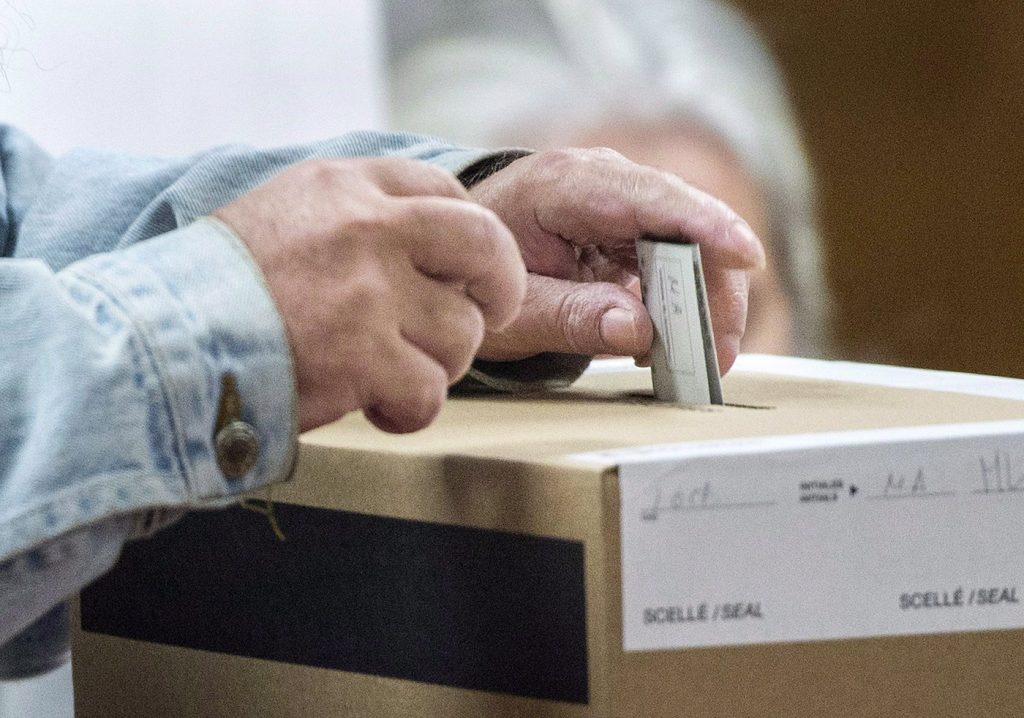MONTREAL — Voters across Quebec are preparing to head to the polls for the upcoming municipal elections on November 2. With lower turnout rates in past elections and other significant factors at play, there are several elements to watch as election day approaches.
Voter Turnout
Voter participation in Quebec's municipal elections has been waning in recent years. In the 2021 elections, only approximately 39 percent of eligible voters participated, a drop from around 45 percent in 2017. Montreal witnessed a turnout of 38 percent in 2021, down from 42 percent in 2017. Laval, Quebec’s third-largest city, recorded a significantly lower participation rate of just 28 percent. In contrast, Quebec City, the second-largest municipality, saw a turnout of 45 percent. Compounding these issues is an ongoing postal strike that has raised concerns from Quebec's election officer regarding the timely distribution of essential election information to citizens.
Gender Parity Not Achieved
This election period was marked by efforts to increase gender representation among candidates, but the target set by Quebec's Department of Municipal Affairs has not been met. Women constitute only 36 percent of the candidates this year, which is a slight increase from 35.5 percent in the 2021 elections. This means there are over 4,500 female candidates, which is 239 more than in the previous election. A report from the University of Calgary indicates that across Canada, women make up only 31 percent of all elected municipal representatives, with only 22 serving as mayors. Alarmingly, about 16 percent of councils surveyed have no female representation at all.
Bus and Metro Strike During Election Day
Montreal voters will face potential disruptions during election day due to a strike planned by approximately 2,400 transit workers. Marie-Claude Léonard, the general director of the transit network, expressed concerns that this strike could hinder citizens from exercising their democratic right to vote. Quebec's labor tribunal is currently deliberating on the necessary transit services required for that day, with past experiences influencing their decisions. For instance, during a previous transit strike that coincided with the Grand Prix weekend, the tribunal mandated full service to accommodate high tourist traffic.
Will Montreal Voters Pass the Torch?
Current Montreal Mayor Valérie Plante is stepping down and is not seeking re-election. Polling data indicates that her party's new leader, Luc Rabouin, may not enjoy the same popularity as Soraya Martinez from the opposition party Ensemble Montréal, which held the majority from 2013 to 2017 under Denis Coderre. Two polls conducted by Léger in September suggest Martinez leads Rabouin by nine points, while a recent Segma Research poll puts her eight points ahead. Despite these figures, nearly half of the electorate remains undecided, according to the Léger polls, with one poll revealing that between 42 and 48 percent of voters are yet to make a choice, and Segma measuring this at over one-third.
Political Apathy
Political apathy remains a notable issue in the lead-up to this election, with nine municipalities in Quebec experiencing a lack of candidates for mayor. Additionally, 40 city council seats went unchallenged. While these statistics are substantial, they represent an improvement from the 2021 election when 120 seats went unfilled. Interim mayors will continue to govern in these municipalities until a new election can be arranged. With municipal elections, over 4,500 candidates, including 564 mayors, have already been elected unopposed, signifying a pressing trend. Political apathy, however, was even more pronounced in 2021, with nearly 63 percent of candidates running without opposition.











